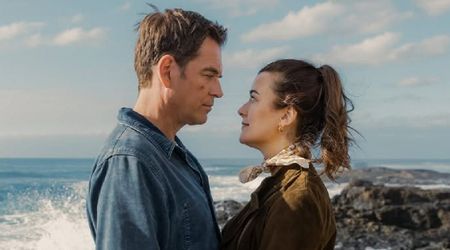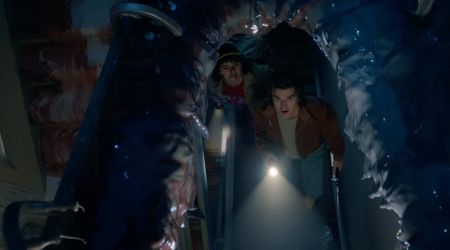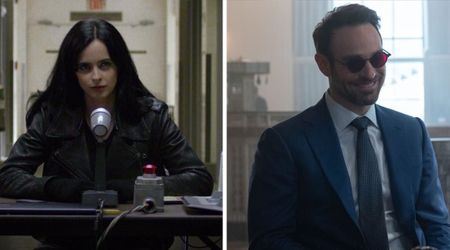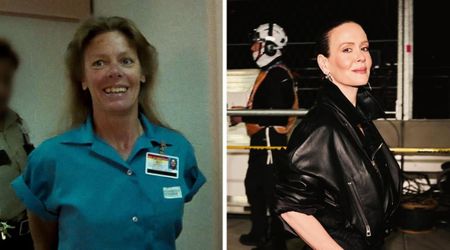'The Crown' Season 3: How British political scene in the finale set stage for rise of Margaret Thatcher in 1970s

Britain in the 1970s often has a bad reputation. The decade that saw four Prime Ministers also happened to be one when the country finally had to reconcile with its post-war and post-colonial identity.
In the season 3 finale of 'The Crown', we see Harold Wilson getting re-elected as Prime Minister after Edward Heath resigned on failing to form a coalition with the help of the Liberal Party. We also see Wilson talking to the Queen about giving in his resignation following his inkling that he was in the early stages of Alzheimer's.
However, in real life, this was only speculated and many other events precipitated Wilson's resignation. At the time of his resignation, Britain was already in its worst political era since the end of the Second World War.
Not only was unemployment on the rise, but the oil crisis of the 1970s caused by the Yom Kippur War had also resulted in a massive shift in the global economy, to which Britain was highly susceptible. Moreover, the Troubles in Northern Ireland were also on the rise after Wilson had sent troops to the area during his previous term in 1969.
Before Wilson though, Edward Heath had also proved to be an unpopular Prime Minister. As seen in the third season of 'The Crown', one of the measures he implemented, popularly known as the "Three-Day Week", and in 1973 took the United Kingdom into the European Economic Community, the precursor for the European Union.

Later, he began to be seen as a liability by the Conservative Party after the 1974 election resulted in the party losing control of the government. This would be what led to Margaret Thatcher taking the leadership pf the party from him in 1975.
After Wilson, James Callaghan took leadership of the Labour Party and became the Prime Minister in 1976. By then, the economic situation in Britain was worsening, with both unemployment and inflation rising.
Though by 1978 the situation was improving, Callaghan's measures of dealing with long-term difficulties included pay restraint, which resulted in continuous strikes over 1978-79 in what came to be known as the "Winter of Discontent". This, in turn, led to events that made Callaghan call for a general election in 1979, which resulted in Margaret Thatcher winning the election. She went on to serve as Prime Minister for three terms, until 1990.
When 'The Crown' returns for Season 4, we will undoubtedly see many of these events, having seen some in the third season already. The next season will no doubt deal with the complicated relationship between Queen Elizabeth II and Margaret Thatcher, who in many ways were similar and whose mutual affection increased in the 11 years they headed the United Kingdom.
All episodes of 'The Crown' Season 3 are now streaming on Netflix.










